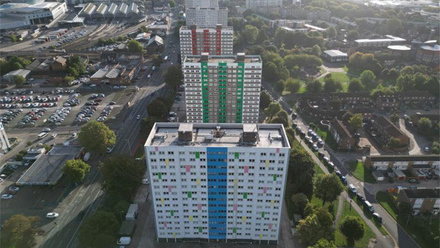EHRC formally abandons single-sex toilet stipulation
The revised update adds a point of clarification on the requirements of the Workplace (Health, Safety and Welfare) Regulations 1992, formally abandoning the previous contention that employers must provide single sex toilets.
The EHRC’s initial position, published in the aftermath of the Supreme Court decision in For Women Scotland, stated that “in workplaces, it is compulsory to provide sufficient single-sex toilets, as well as sufficient single-sex changing and washing facilities where these facilities are needed.”
Its revised position, published after a claim form was issued by the Good Law Project, now adds that: “In relation to workplaces, requirements are set out in the Workplace (Health, Safety and Welfare) Regulations 1992. These require suitable and sufficient facilities to be provided including toilets and sometimes changing facilities and showers. Toilets, showers and changing facilities may be mixed-sex where they are in a separate room lockable from the inside.”
A spokesperson for the EHRC said:
This change has been made to ensure everyone has access to the most accurate information. It should not be interpreted as a change in our fundamental position on the implications of the judgment. The Supreme Court ruled that sex in the Equality Act 2010 means biological sex.
We are committed to providing clear, comprehensive guidance on the practical implications of this judgment. The interim update remains in place while we undertake a public consultation on our Code of Practice for services, public functions and associations.
The Good Law Project said:
The EHRC’s rushed guidance caused harm from the moment it was released. But now they’re u-turning.
It added that "given that the EHRC has now conceded a key point in our case", it is considering its next steps with its lawyers.





